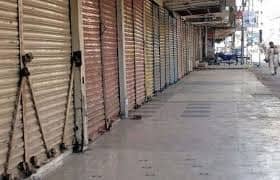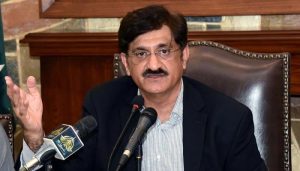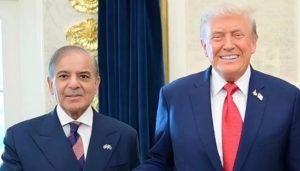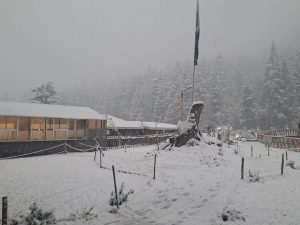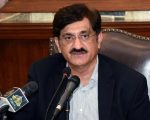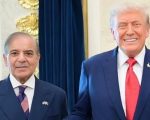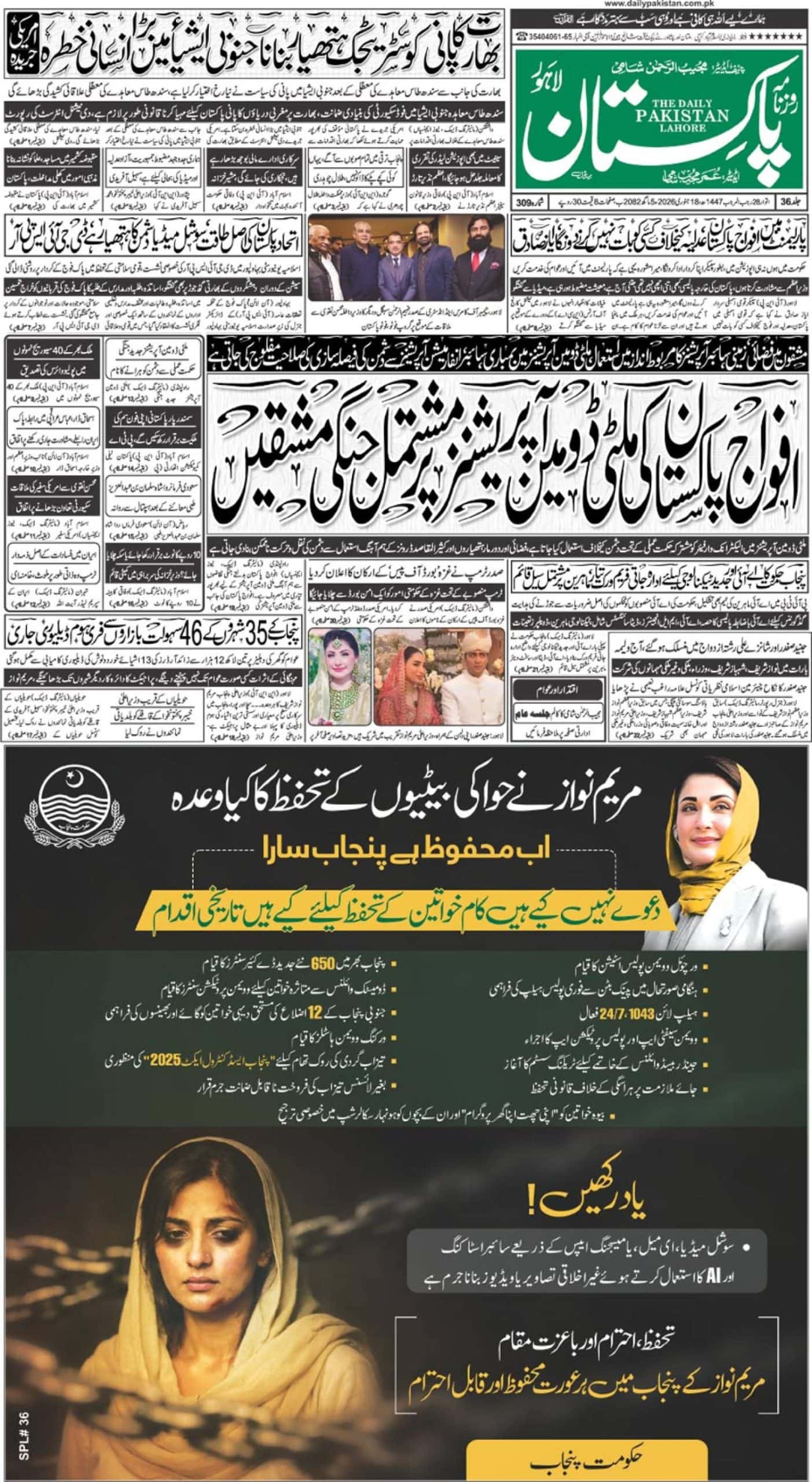ISLAMABAD – The trader organisations across the country are holding a nationwide strike against heavy electricity bills and the imposition of taxes.
Due to the strike by trader bodies, business centers from Karachi to Khyber are closed, and in anticipation of the strike, schools in various cities have also been closed.
Political parties, including Jamaat-e-Islami and JUI-F, have announced their support for the strike.
JI Emir Hafiz Naeem
Jamaat-e-Islami (JI) Emir Hafiz Naeemur Rehman affirmed that there would be a successful strike today from Chitral to Karachi.
The JI chief criticised the government’s business-friendly initiatives, suggesting that these schemes merely favoured certain businessmen.
He expressed confidence that no genuine businessman would support the government’s actions as “they go against the interests of the community and the general public.”
Earlier, JI called off two-week-long sit-in in Rawalpindi to pressure the government to cut electricity bills and retract new taxes imposed in the budget 2024-25 after the party reached an agreement with the federal government.
As per the deal, the government promised to form a mechanism to reduce electricity prices and review contracts with independent power producers (IPPs) within 45 days. IPP agreements have come under scrutiny in recent weeks as households have received steep electricity bills.
JUI-F chief Maulana Fazlur Rehman
Maulana Fazlur Rehman, the Chief of Jamiat Ulema-e-Islam (JUI-F), declared his support for the nationwide strike organized by traders on August 28.
In his statement, Maulana Fazlur Rehman voiced full endorsement of the strike, condemning inflation and unfair taxes for deteriorating the public’s living conditions.
He criticised the IMF-influenced budget, accusing it of stripping people of their livelihoods.
Rehman urged JUI workers to back the peaceful strike and instructed the party’s business forums nationwide to actively join the protest.
Nationwide strike
In Islamabad, the administration has blocked the roads leading to the Red Zone with containers in anticipation of protests.
Trader organisations in Lahore are divided into two factions on the issue of the strike—one faction supports the strike, while the other opposes it.
The president of the Karachi Traders Association, Javed Shams, stated that the political leadership has failed, and a complete strike will be observed on August 28.
The president of the All Pakistan Traders Association Sindh announced full support for today’s shutter-down strike, stating that businesses in all small and large cities of Sindh will remain completely closed. They rejected the increase in taxes and electricity bills.
He further added that the ruling class wants to take away the right to live from traders and the public. The current form of the trader-friendly scheme is unacceptable.
The president of the Karachi Electronics Dealers Association, Muhammad Rizwan, said that all trader organisations from Karachi to Khyber are participating in the strike, and if the issues are not resolved, the duration of the strike may be extended.
The president of the All Karachi Traders Alliance, Atiq Mir, said that this is not a strike of traders but of the citizens, as the common man is troubled by inflation.
In Peshawar, various markets have also been closed by traders, and trader unions have demanded the withdrawal of the electricity price hike and a reduction in the tax rate.
Govt won’t succumb to pressure from traders
Prime Minister Shehbaz Sharif’s Coordinator, Rana Ehsan Afzal, stated that the government would not succumb to pressure from traders under any circumstances; retailers will have to come under the tax net.
Earlier reports suggested that the FBR is willing to make trader-approved changes to the tax scheme, and if traders agree, an amendment note could be issued immediately.
However, in a statement issued by Rana Ehsan Afzal it was clarified that while the government is open to negotiations, it will not yield to pressure from traders.
Rana Ehsan Afzal stated that if traders believe we are in the wrong, we can sit down again, but the prime minister is determined to restructure the FBR, and the retail sector must be brought into the tax net.

